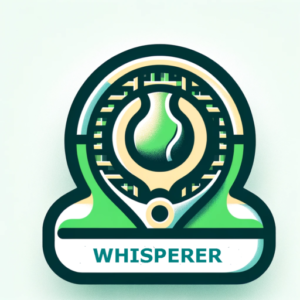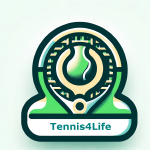How to Wake Up Refreshed and Ready to Play
Waking Up Too Tired? Hitting the Snooze Button Might Not Be the Answer
Good sleep is essential for brain function, heart health, and mental well-being—but what about waking up? If you’re hitting the snooze button every morning and still feeling groggy, you might wonder: Is snoozing sabotaging your energy levels?
According to Dr. Tina Sundelin, an Associate Professor and sleep scientist at Stockholm University, the answer isn’t as straightforward as we think.
The Science of Waking Up
When light enters your eyes or your alarm blares, your brain’s reticular activating system (RAS) kicks in, producing neurotransmitters that help you wake up. But it takes time—about 20-30 minutes—to clear out the “sleep chemicals” in your brain.
If you wake up during deep sleep (slow-wave sleep), you’re more likely to feel groggy—a state called sleep inertia.
Snoozing for a short period (20-30 minutes) may actually help you wake up at a lighter sleep stage, making you feel more alert. However, snoozing longer than 30 minutes increases the risk of falling back into deep sleep, leaving you feeling even more tired.
How to Wake Up Feeling Energized
1. Sleep More & Sleep Better
- Aim for 7 hours of quality sleep, as studies show this is ideal for longevity and brain function.
- Reduce screen time before bed and dim artificial lights in the evening.
- Avoid caffeine in the afternoon to prevent sleep disruptions.
2. Choose the Right Breakfast
- Worst breakfast for energy: High-sugar foods (e.g., sugary cereals like Coco Pops).
- Best breakfast for energy: High-carb, moderate-protein meals (e.g., scrambled eggs on sourdough toast).
3. Exercise for Tomorrow’s Energy
- Morning exercise isn’t necessary—it’s actually your activity level the day before that affects how energetic you feel in the morning.
- Regular cardio, walking, or strength training helps improve overall wakefulness.
What’s the Magic Number for Sleep?
Many people assume modern society sleeps less than our ancestors. However, research into hunter-gatherer communities found that they typically slept 6-8 hours per night—similar to urban populations today.
The key difference? No screens or artificial lights! Insomnia rates in these communities were below 2%, compared to 10-30% in industrialized nations. Their better sleep quality may also contribute to lower rates of heart disease and Alzheimer’s.
Final Takeaway: Should You Snooze?
Hitting snooze for 20-30 minutes may not be as bad as we think—it can actually help you wake up at a lighter sleep stage. However, snoozing for longer can push you back into deep sleep, making you feel worse.
To wake up refreshed and ready to go, focus on consistent wake-up times, good sleep habits, the right diet, and daily exercise.
Source: SMH



